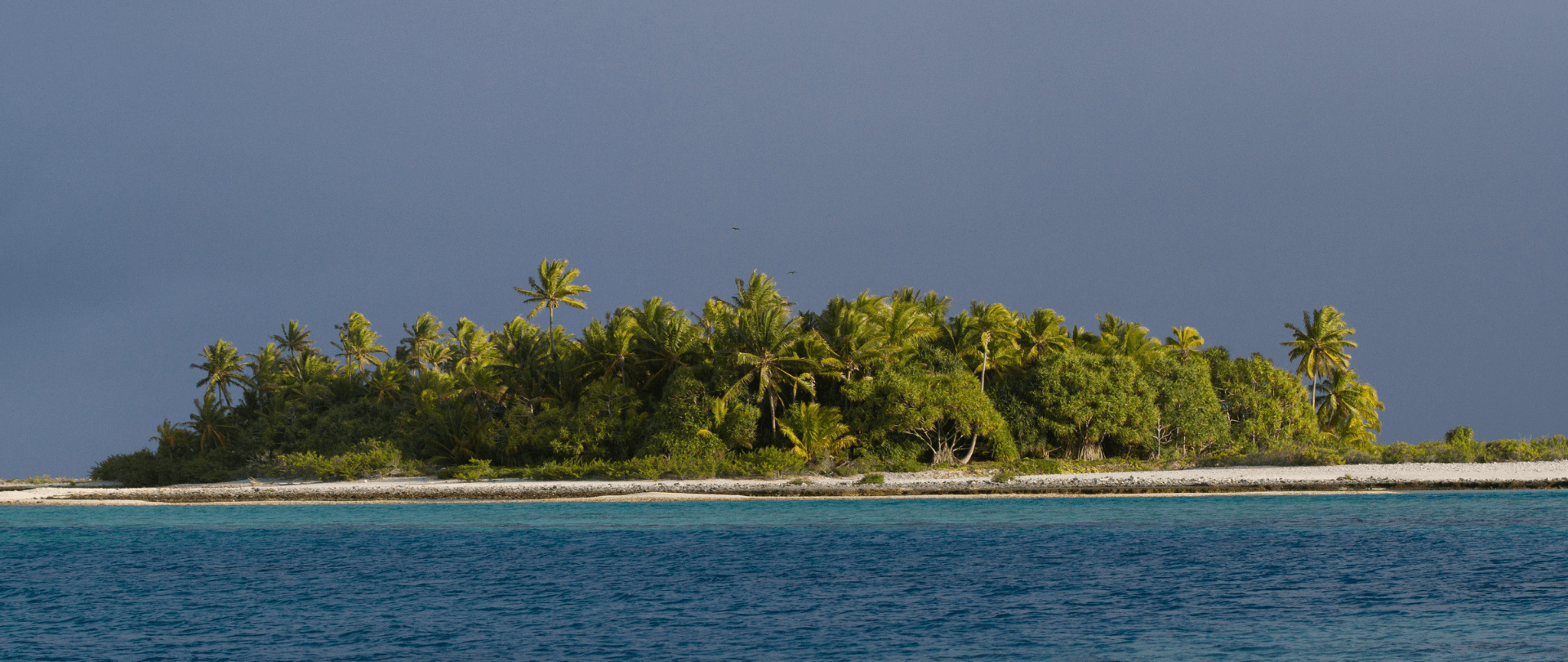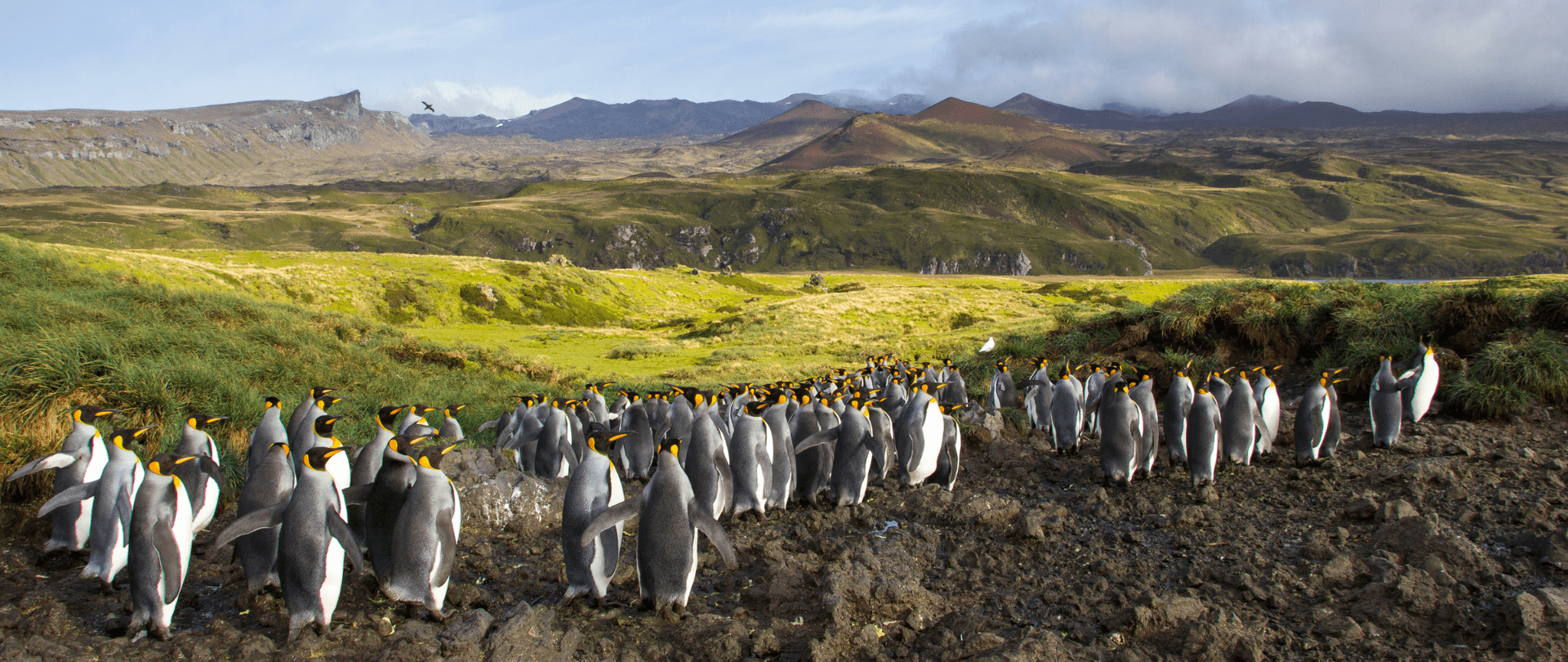The Ebiil Society: Champions of Palau
Ann Singeo, founder of our partner organization the Ebiil Society, shares her vision for a thriving Palau and a flourishing world of indigenous science!
Our new online shop is live!
Published on
September 21, 2016
Written by
Sara
Photo credit
Sara

The Critically Endangered Lord Howe Island Stick Insect, once believed to be extinct, is being successfully bred in captivity.
The Lord Howe Stick Insect or “Tree Lobster” faced near-extinction when invasive black rats arrived on Lord Howe Island off of Australia. Due to the presence of invasive rats, Lord Howe Island was depleted of its native Tree Lobster population. It turned out, however, that after 80 years of supposed extinction, a small population of Tree Lobsters was discovered on Ball’s Pyramid, a volcanic outcrop devoid of rats just off of Lord Howe Island. Now, three breeding pairs at the Bristol Zoo have produced hundreds of eggs.
Mark Bushell, curator of invertebrates at Bristol Zoo, said:
I’m absolutely ecstatic with this result. To have the opportunity to work with this critically endangered species is a dream come true for me – and now to have bred them is a career highlight.
Breeding pairs are also being cared for in Australia, San Diego Zoo, and Toronto Zoo. The population remaining on Ball’s Pyramid has just 20-30 individuals left. Hopes are high that in six months, the eggs will hatch and this rare giant insect can re-bound from near-extinction.
Feature photo: Lord Howe Island. Robert Whyte/Flickr
Read the original article at: Bristol Post
Check out other journal entries we think you might be interested in.

Ann Singeo, founder of our partner organization the Ebiil Society, shares her vision for a thriving Palau and a flourishing world of indigenous science!

This historic agreement aims to protect the marine and coastal areas of the Southeast Pacific.

Our projects to restore key islets in Nukufetau Atoll forecast climate resilience and community benefits in Tuvalu!

Island Conservation and partners have published a new paper quantifying ecosystem resilience on restored islands!

Climate Week NYC: what is it and why is it important? Read on to find out why Island Conservation is attending this amazing event!

With sea levels on the rise, how are the coastlines of islands transforming? Read on to find out how dynamic islands really are!

Join us in celebrating the most amazing sights from around the world by checking out these fantastic conservation photos!

Rare will support the effort to restore island-ocean ecosystems by engaging the Coastal 500 network of local leaders in safeguarding biodiversity (Arlington, VA, USA) Today, international conservation organization Rare announced it has joined the Island-Ocean Connection Challenge (IOCC), a global effort to…

Island Conservation accepts cryptocurrency donations. Make an impact using your digital wallet today!

For Immediate Release Conservation powerhouse BirdLife South Africa has joined the Island-Ocean Connection Challenge (IOCC) – a global initiative aiming to restore, rewild and protect islands, oceans and communities – to support its work to save internationally significant albatross populations…